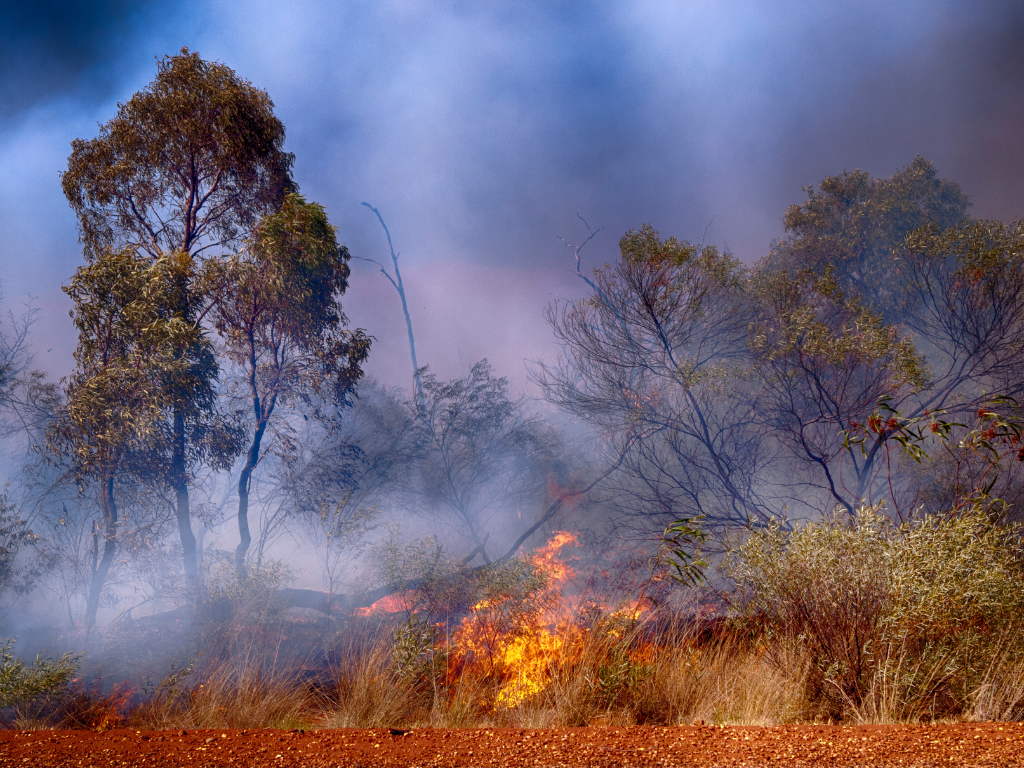Australia is impacted by climate change and its impact on women’s health is an emerging area for women’s health services. Understanding the role that gender plays is important to reduce or prevent vulnerability and increase resilience following climate events.
In Australian disasters such as bushfires and floods, women may be left to care for children, the elderly and livestock while men are absent fighting fires or maintaining flood defences... Gender also affects experiences of slower onset change related to weather and climate such as drought and impacts of structural changes such as industry restructures.
Whittenbury, 2013
Despite available evidence, Australia has yet to fully appreciate or differentiate the varied impacts of climate change due to gender.
Bushfires & Floods
In 1992, a symposium on Women in Emergencies and Disasters was held in Queensland by the then Bureau of Emergency Services. Policies and strategies were proposed to reduce gender inequality during emergencies and disasters.
Human relations were laid bare and the strengths and weaknesses in relationships came more sharply into focus. Thus, socially isolated women became more isolated, domestic violence increased, and the core of relationships with family, friends and spouses were exposed
a social worker after the 1990 Charleville flood
The lack of knowledge and research was brought into light after the Black Saturday bushfires in 2009, when no reliable statistics were available to document the effect of the disaster on domestic violence occurrences. This was until 2013 when a first-of-its-kind study examined the Black Saturday bushfires and provided evidence of increased domestic violence.
It was also found that community members, police, case managers, trauma psychologists and family violence workers empathised with the suffering of men as heroes while encouraging women to wait the trauma out.
This research provided insight and preparation for the 2019-2020 bushfire crisis, in which experts braced for an imminent surge in domestic violence.
Solutions
Reported practice of in-field service workers indicates that during times of extreme climate events/disaster, the use of women’s networks and existing community groups is crucial to recovery and resilience.
Communities in rural and remote areas tend to have less capacity to adapt and experience a higher burden from climate change is higher. Those without resources to adapt also include the unemployed, those who are dependent on voluntary services, the elderly, people with a disability and their carers, young people who are not able to afford education, and women.





